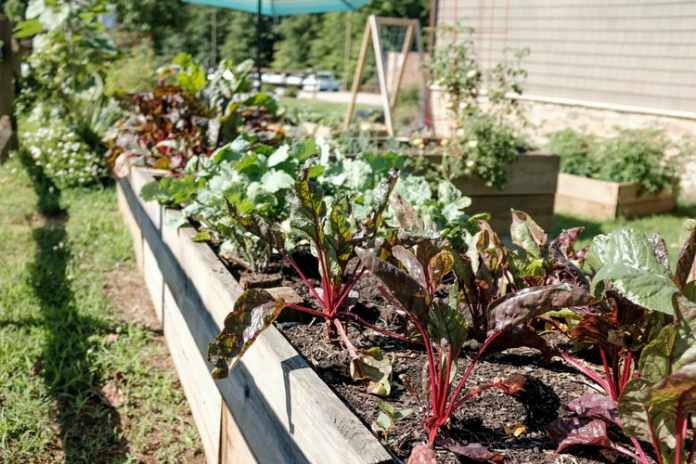Green living will not only benefit the environment, but your life too. The NST manufacturing innovation blog highlights the positive societal impact that putting green innovation into every area of life brings. Real change can be achieved through green living – it starts with looking at the home, where many people spend most of their time, and can swing all the way around into lifestyle changes.Read out Eco-Friendly Life, From Home To Horticulture.
Residential energy saving
Home working and the impact of lockdowns has created a spike in the amount of energy being used in the average American home. The National Bureau of Economic Research estimates the rise at 10% on the same period in previous years. This means the average homeowner has a greater level of control when it comes to improving their own energy efficiency. Simple changes, like using better quality power saving light bulbs, can make all the difference at first. Moving forward, making changes such as using a renewable energy supplier, and fine-tuning your energy consumption habits, can help.
Green consumerism
One great way to live in a more green way is to look at your food waste in the home – and when eating out. There are two main strands of thought to this – food waste, and green eating. Food waste is an easy one to tackle, and very impactful: the USDA estimates that up to 40% of food is wasted. Do your bit by making the most out of every shred of food you buy and make. Secondly, when it comes to green eating, there’s a simple step to take – cut down on meat. Meat farming is far more intensive on water and energy resources, and making the shift to eat a little more veg and a little less meat will go a long way.
Making your own
If you feel enthusiastic about green eating, why not take it to the next level through community gardens and your own green spaces, or even just potted plants? Plant parenthood, which NBC highlights as being a new phenomenon among millennials, is the process of taking care of plants as you might children. This can help to retain water, reduce food wastage, and reduce the impact on ecosystems that underpin the food chain.
A few gentle changes to lifestyle can bring green living into your day to day and make all the difference to the environment. They start in the home, and can be extended to eating. In time, even a hobby as low-key as tending to plants can really make a big difference.















